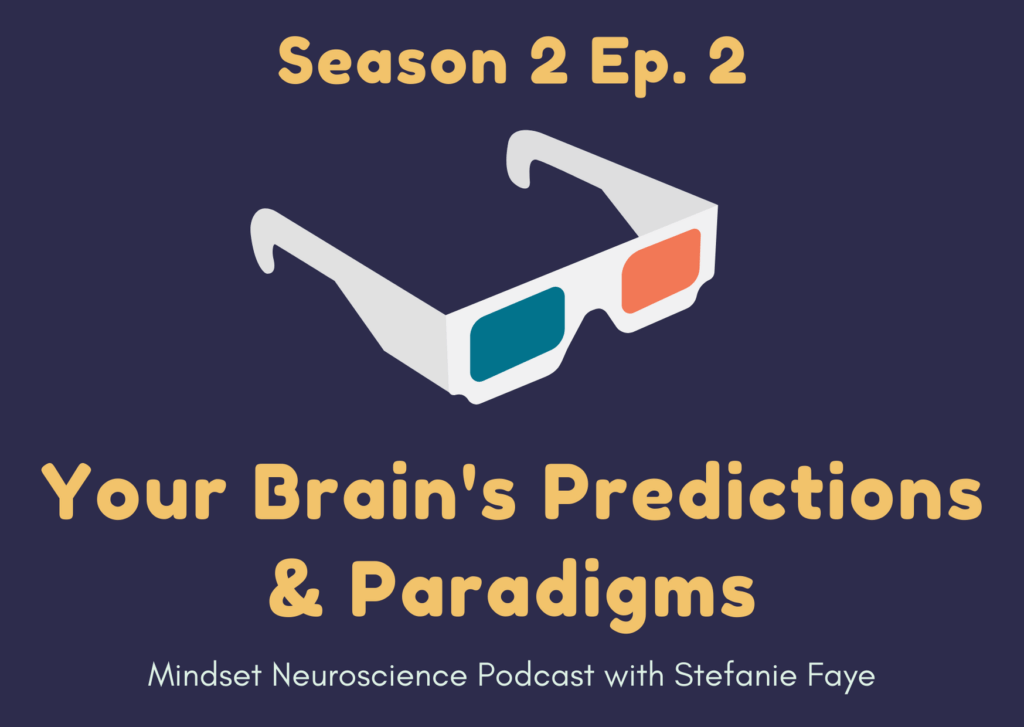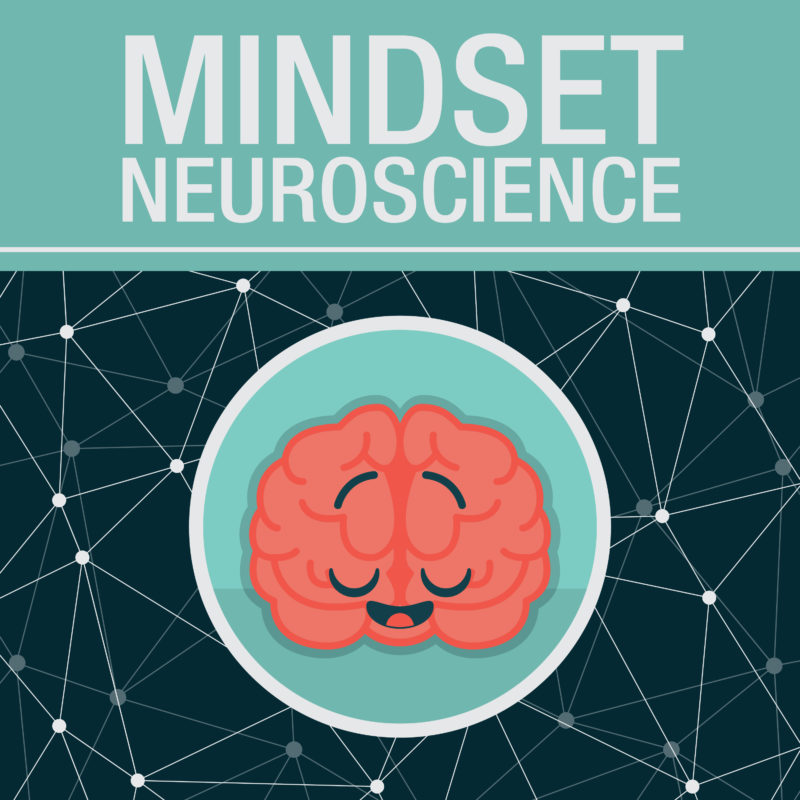
One of the most complex adaptive systems we know of is the brain*.
When we are trying to understand a complex system, one of the most important things for us to think about is its function.
One of the main functions of the mind-brain-body’s main is to make predictions.
It does this by using our past to make assumptions about what’s happening now. Another word for these ‘assumptions’ are predictive models...
The mind-brain-body creates predictive models by taking snippets of information and then creating models that it uses to predict lots of things without needing to have all the information of everything it comes across. it would be way less efficient if it had to analyze everything in order to understand it.
These predictive models affect our relationships, behaviors, and even our emotional well-being.
One way these predictive models influence our relationships and how we interact with people is that they prevent you from seeing people as they actually are. Instead, you're seeing them through your model - or paradigm - that's built from your history.
Most of your predictive models of relationships all started with the very beginning of you. and your first caregivers. and how they reacted and responded to you.. how they reacted to your cries, and your giggles, and your demands, and your needs.
And that started a predictive modeling process for you. you started to figure out how to predict human behavior based on the very small sampling of data you got from only a few select people in your world. over and over again for the first years of your life.
So all of the statistics, and assumptions and computations that your brain is using now was created back then. and the interactions from your past were affected by the stress levels, maturity levels, of your caregivers, and how they were able to respond to you. (which was also affected by their caregivers, etc. etc.)
Because we each had different histories, we all have different filters.
I will therefore never see the person in front of us the same way you see that person in front of us.
My senses are going to filter how i perceive that person based on all of my associations i have from my past experiences. and so will you. and the give and take that happens is that that person will also interact and behave with me in a completely different way than they behave with you.
So what can see is that we are never really dealing with the same people. The assumptions we make about a person is really just how that person filters through our predictive models.
It’s critical for us to understand this. By knowing how these filters distort our perception, we can have a new awareness about the judgments, categories and labels we assign to people.
It also gives us a chance to find ways to stay open to the actual, ‘live’ data of that person - in their most evolved state (their most evolved state occurs during the very precise moment they are in front of you). This helps them interact with us from their most evolved state.
If we interact with a person through one of our filters, there's a chance they will then react to our assumptions - which can make them feel less understood, and therefore less open to actually sharing themselves with us.
To stay open to a person and lower our filters, we need to find ways to stay present and engaged with our senses. This includes:
- really hearing the words they are saying, rather than jumping to what your response is going to be (all based on filters from your past)
- really seeing the expression on their face and sensing the tone of their voice to try to more accurately perceive how they are feeling
This gives our brain more sophisticated and fine-grained data to expand its circuitry, which then makes the mind-brain-body more flexible to find ways to interact with someone, and explore who they are now, in this moment.
In this podcast episode, I offer three ways you can improve access to your more evolved circuitry that is less influenced by your predictive models. (I go over more of these 'micro-signals' that can affect how you react within your relationships in this article.)
* the ‘brain’ is the meat inside your skull, which is part of another system - your body- which is also part of multiple other systems that include your environment and relationships. So I call this the Mind-Brain-Body system. We can’t say ‘the brain does this or that - because you can’t put a brain inside a jar and it will still ‘do stuff’. That idea is known as ‘reductionism’, covered in Episode 1. The brain does not function outside of the mind-brain-body system. But sometimes to keep it short, I say ‘brain’ - just know I mean ‘mind-brain-body system’.

